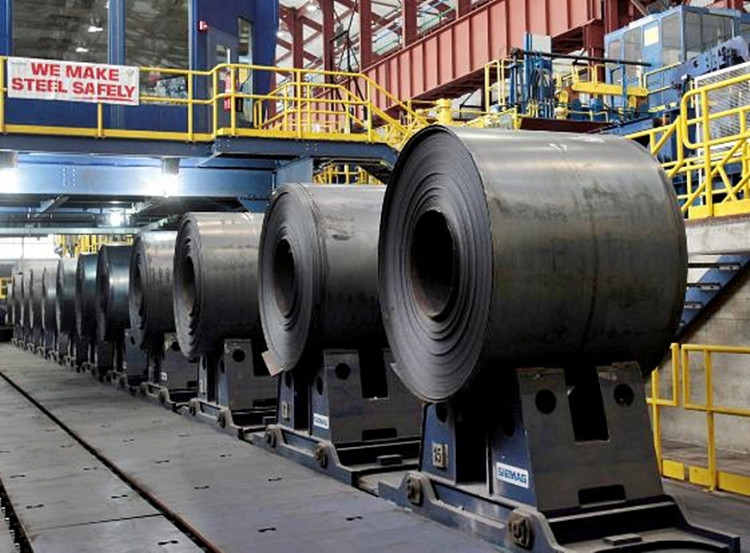More and more U.S. businesses reported falling sales and lower profit margins in 2018 in another troubling indication the American economy is slowing down.
Only 47 percent of firms saw rising sales in the last quarter of 2018, down from 61 percent the previous quarter, said a report by the National Association for Business Economics (NABE). The report also shows the number of businesses reporting falling sales had nearly tripled, or from 6 percent to 17 percent.
The Christmas holiday didn't seem to help sales: 20 percent of businesses said they saw profits fall during the survey period compared to only 8 percent in October. The future remains a bleak horizon as most businesses can't see a turnaround early this year. Only 14 percent expected bigger earnings during the first quarter.
The survey reported that more than a third of goods-producing firms raised prices in Q4 2018 because of changes in trade policy. On the other hand, 27 percent delayed investments, said the NABE report.
Overall, only 23 percent of firms said they adjusted plans for hiring or investing in reaction to trade tensions.
"Most respondents do not expect a recession within the next 12 months, but fewer respondents than previously expect robust economic growth in the year ahead," said Sam Kyei, chief economist at SAK and NABE Business Conditions Survey chair.
This mounting uncertainty for businesses and investors is being fueled by unmistakable signs of a global economic slowdown; the ruinous trade war ignited by president Donald Trump and recurring stock market volatility. Another survey of consumer sentiment reported its lowest level since Trump took office.
On the horizon is impending, some say inevitable, U.S. tariffs to be imposed on China on March 1. Businesses in the U.S. wait to see if Trump will indeed raise tariff rates on $200 billion of goods from 10 percent to 25 percent. The odds are no progress will be made in these talks.
The same NABE report shows that the mammoth $1.5 trillion tax cut gifted by the Trump administration to American business firms via the controversial Tax Cuts and Jobs Act (TCJA) of 2017 has neither boosted capital spending nor goaded firms into hiring more employees.
TCJA, the biggest overhaul of the U.S. tax code in more than 30 years, has instead seen firms stick to their previous plans while amassing the benefits it provides. NABE revealed that 84 percent of respondents said they haven't changed plans despite the inflow of money from TCJA. This result compares to 81 percent in the previous survey published in October.
"A large majority of respondents, 84 percent, indicate that one year after its passage, the corporate tax reform has not caused their firms to change hiring or investment plans," said NABE President Kevin Swift.
NABE is the world's largest international association of applied economists, strategists, academics, and policy-makers dedicated to the application of economics in government and the private sector.






